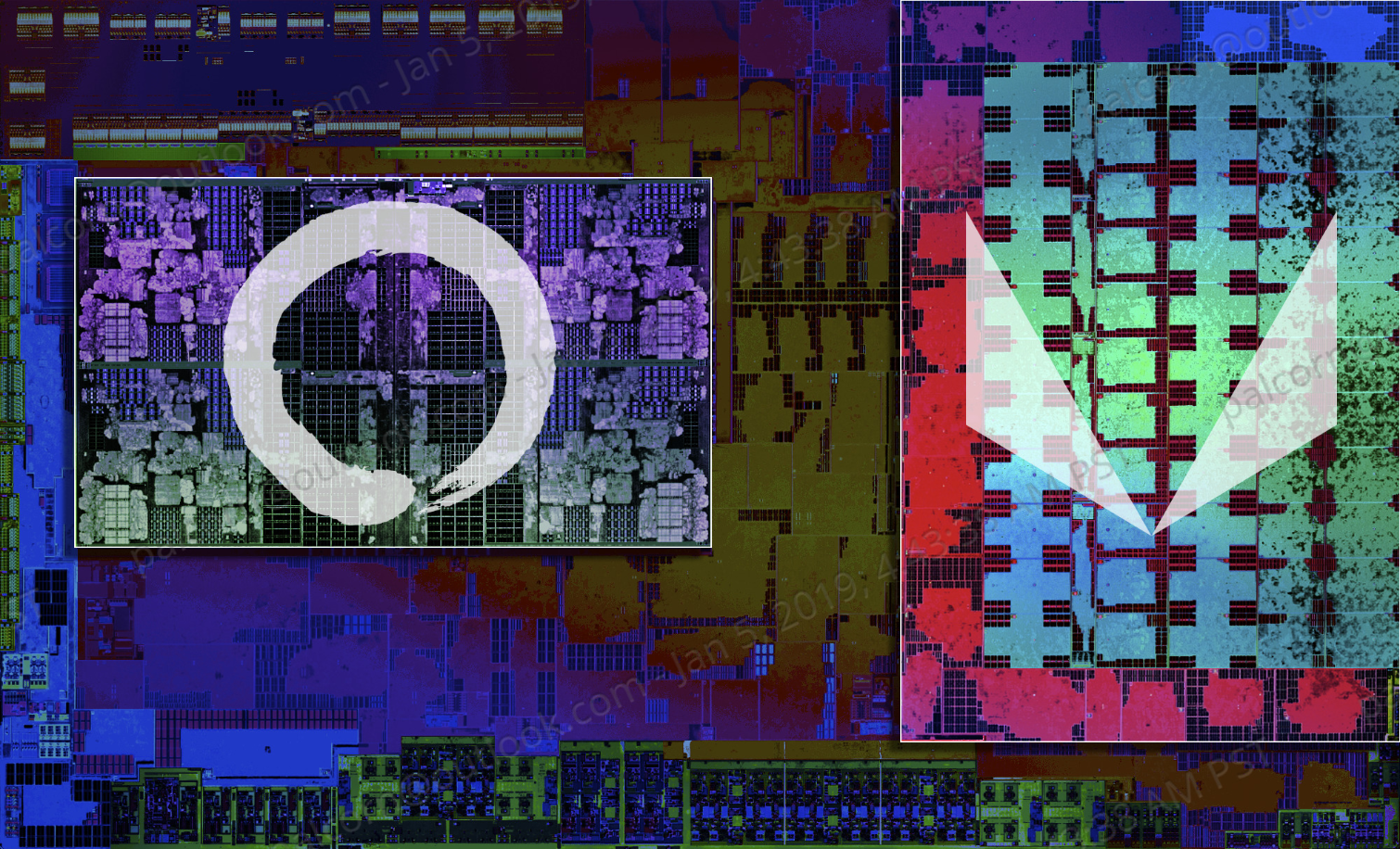Coreboot Readies Support for AMD Picasso APUs
BIOS is so unfamiliar to most people that it might as well stand for Basically Invisible Overlooked System. Few want to understand what it does, even fewer actually explore it, and fewer still bother to seek out alternatives. Those who do will probably be glad to hear that Coreboot seems to be getting ready to officially support AMD Picasso Accelerated Processing Units (APUs) sooner than later, according to a Phoronix report published on July 13.
Coreboot is an open source alternative to the proprietary Unified Extensible Firmware Interface (UEFI) used by many systems. (UEFI was developed as a BIOS successor capable of handling larger storage drives and presenting an easier-to-use interface than its predecessor.) The last APU it officially supported was the Stoney Ridge line AMD released in 2016, leaving a three-year gap between compatibility updates for the company's latest APUs.
That was a problem for Google. Chrome OS devices rely on Coreboot, and as manufacturers struggled to source Intel processors during the company's long-running shortage, they started to make Chromebooks using chips from AMD. Being forced to use Stoney Ridge APUs limited what manufacturers could do with those devices, and with Google reportedly working on a Picasso-based reference device called Zork, it was clear something had to change.
So it's not surprising that Phoronix said Chromebook engineers had led development on Coreboot's support for Picasso. That work should bring products based on Zork closer to release, offer manufacturers additional options unaffected by Intel's supply problems, and essentially modernize Coreboot's support for APUs. That probably far more preferable to Google than having to explore UEFI and other alternatives for Chrome OS devices.
Not that Google is the only notable organization contributing to Coreboot: the U.S. National Security Agency (NSA) recently assigned developers to the project. That predictably raised questions about trusting a spy agency with the low-level code used in many products, despite Coreboot's open source nature allowing other contributors to verify the NSA's code. Google helping the project expand to Picasso is probably far more welcome in comparison.
Phoronix reported that Picasso had been added to the Kconfig build system configuration. That makes the APUs the first chips based on AMD's Zen microarchitecture to be supported by Coreboot. Don't be surprised if that leads manufacturers to continue experimenting with AMD processors in their Chromebooks despite the improved availability of Intel's offerings, especially if the reports about Zork relying on Picasso are true.
Get Tom's Hardware's best news and in-depth reviews, straight to your inbox.

Nathaniel Mott is a freelance news and features writer for Tom's Hardware US, covering breaking news, security, and the silliest aspects of the tech industry.
